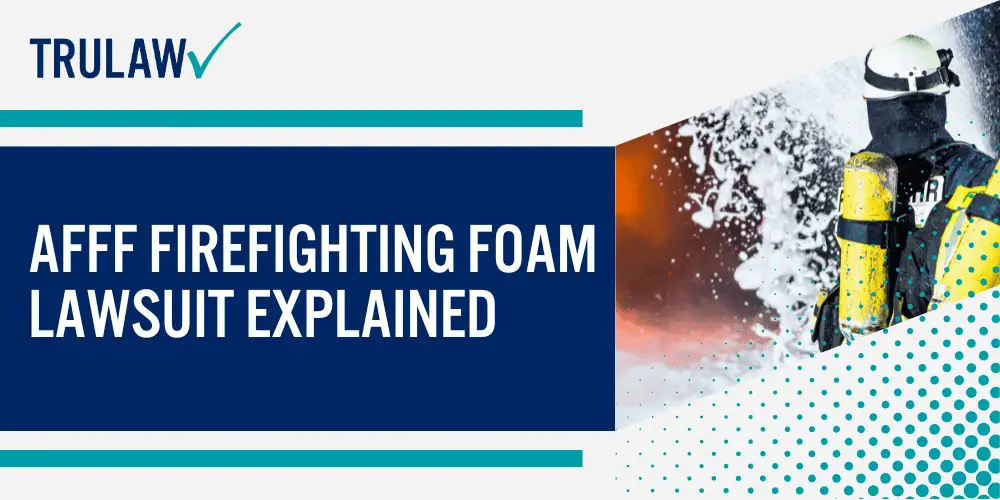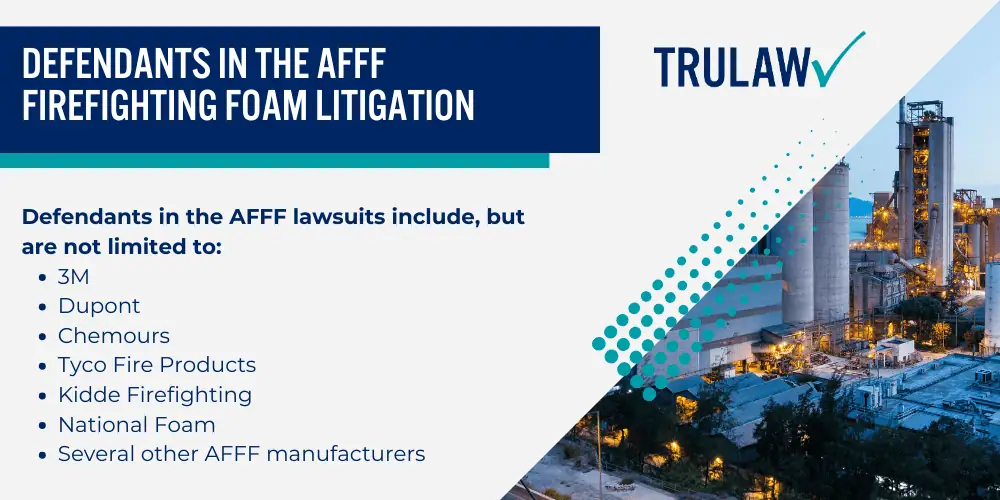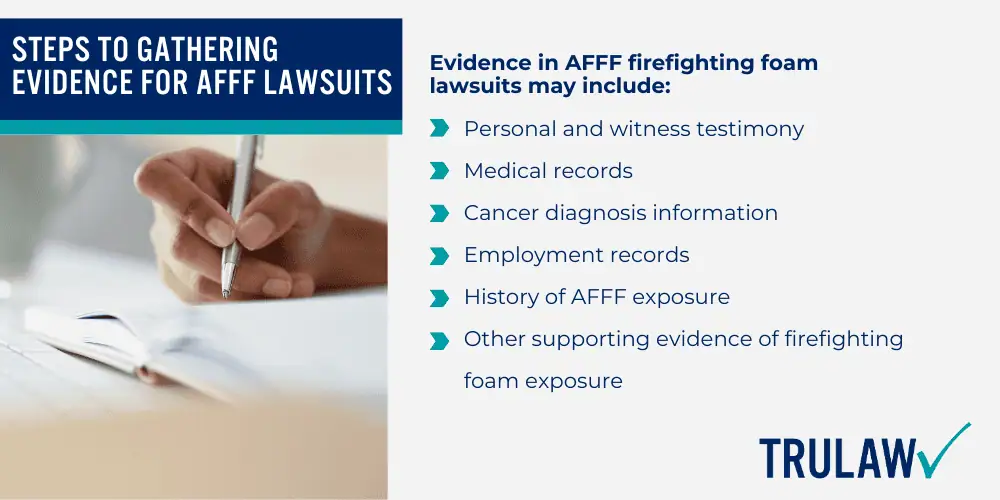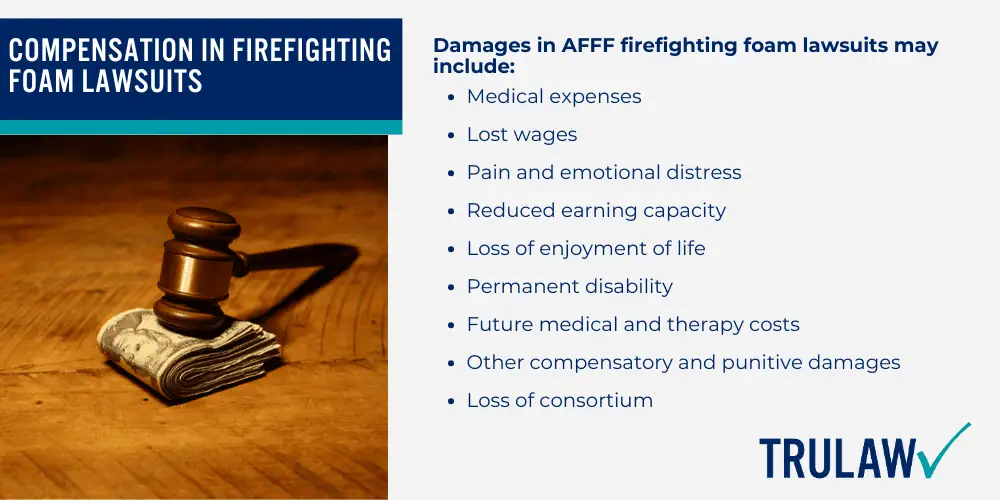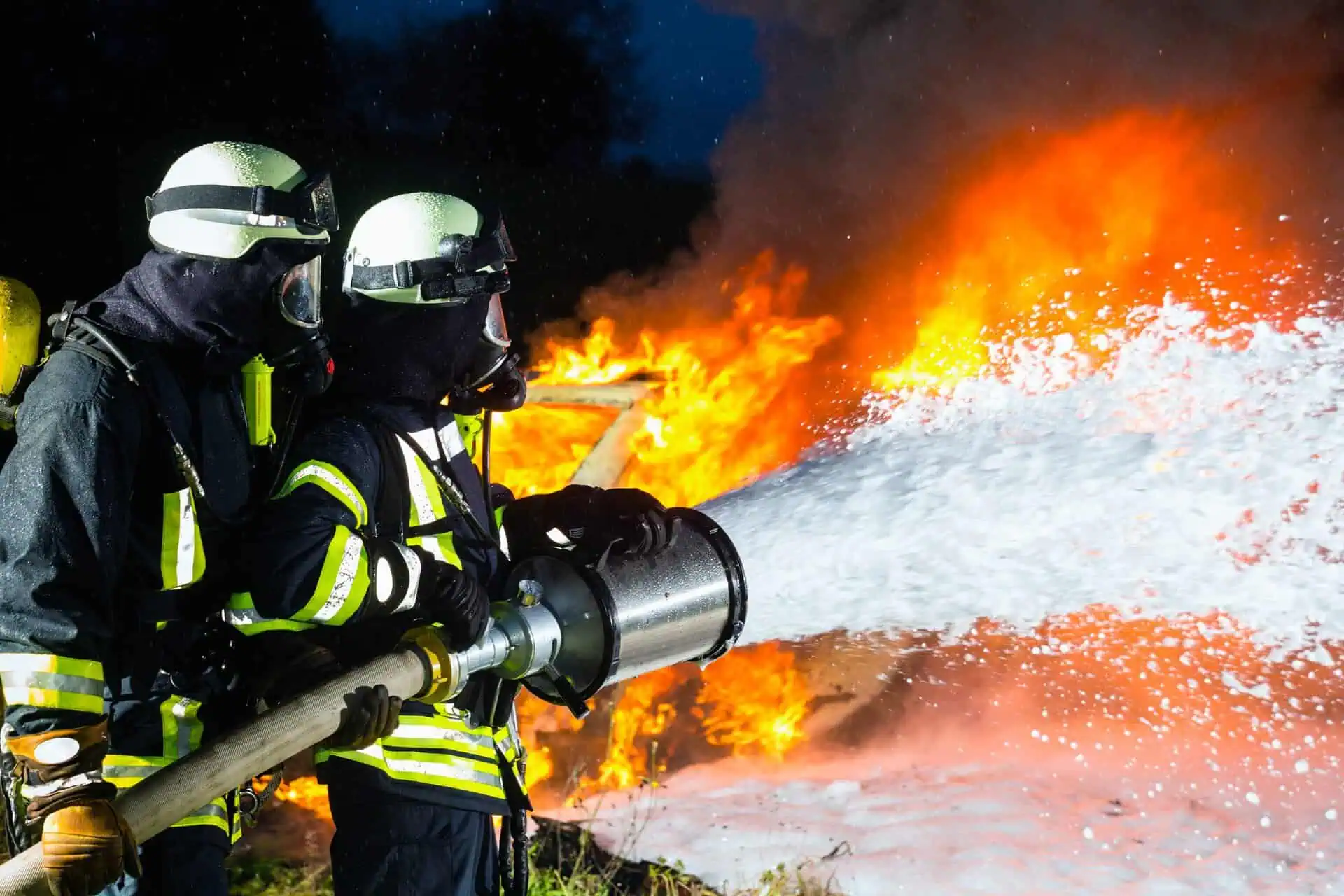Multiple myeloma is a rare cancer that affects plasma cells in the bone marrow.
Research has shown that toxic compounds in AFFF can affect cell function, increasing the risk of malignant growth in those who have endured long-term exposure (such as civilian firefighters and military firefighters).
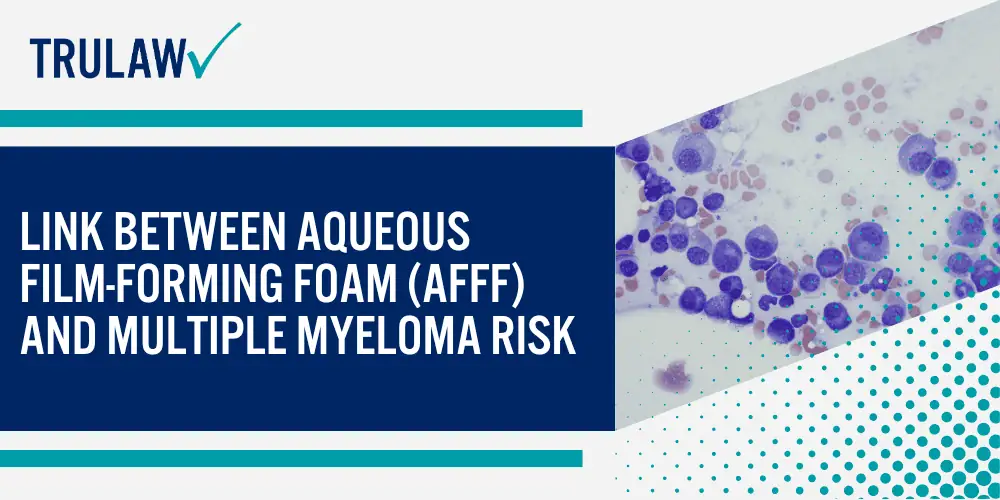
If you or a loved one were exposed to toxic firefighting foam and later developed multiple myeloma or other health problems, you may be eligible to file an AFFF lawsuit.
TruLaw is available to help you understand your options — contact us by using the chat on this page to instantly determine if you qualify for an AFFF lawsuit.
PFAS Chemicals in Firefighting Foam and Their Impact on Human Health
Chemical manufacturers and agencies such as the U.S. Navy were aware of the dangers posed by PFAS chemicals for decades.
Despite warnings from the Environmental Protection Agency, the use of AFFF firefighting foam continued for years, leading to widespread environmental contamination and serious health concerns.
Several studies have linked PFAS exposure to increased cancer risk and other serious conditions.
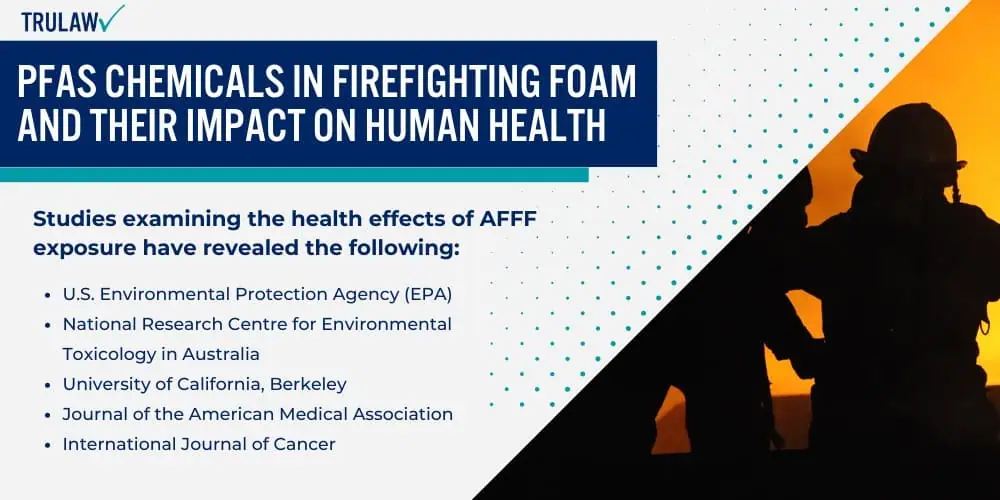
Health risks associated with PFAS exposure include:
- Prostate cancer
- Testicular cancer
- Bladder cancer
- Breast cancer
- Colorectal cancer
- Kidney cancer
- Leukemia
- Liver cancer
- Mesothelioma
- Pancreatic cancer
- Thyroid cancer
- Thyroid disease
- Ovarian cancer
- Endometrial cancer
- Potentially other health issues
Scientific Studies on PFAS Exposure and Related Health Issues
Extensive scientific research has identified links between PFAS exposure and serious health conditions.
Notable studies on the health effects of PFAS exposure include:
- University of California, Berkeley: Found that women firefighters exposed to AFFF had higher levels of PFAS chemicals compared to office workers.
- Journal of the American Medical Association: Found an association between PFOA exposure and increased risks of kidney cancer, testicular cancer, and ulcerative colitis.
- U.S. Environmental Protection Agency (EPA): Issued a health advisory cautioning against long-term exposure to PFOA and PFOS, stating that certain levels of these chemicals could pose health risks.
- International Journal of Cancer: Published research linking PFOS exposure to a higher likelihood of breast cancer.
- International Agency for Research on Cancer (IARC): Classified PFOA and PFOS as possibly carcinogenic to humans.
- National Research Centre for Environmental Toxicology (Australia): Found elevated levels of fluorinated surfactants in firefighters’ bloodstreams.

